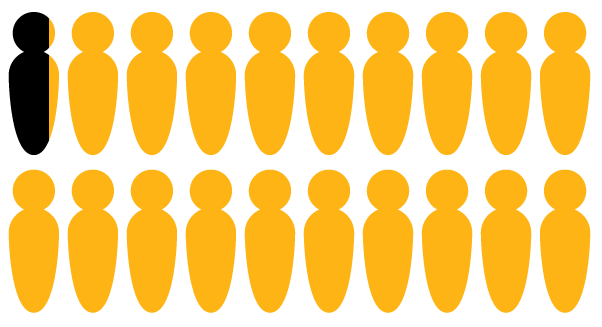
Since our founding in 1988, we have awarded over 1500 Certificates of Honors to UMBC graduates. Our alumni have gone on to prestigious graduate and professional schools in the U.S. and abroad, winning national and international awards including the Rhodes Scholarship, the Marshall Fellowship, the Gates-Cambridge Fellowship, Fulbright Fellowships, and others. The average GPA of our graduates is above 3.7, and most of UMBC’s Valedictorians and Salutatorians have been members of the Honors College.